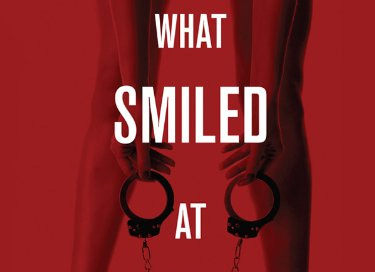The Grip of Genre
A professional misstep reveals the horrible momentum of the present moment. A look at publishing, short-form content, nature preserves and generational bad dreams
Not everyone goes to a book looking for surprise. This was a surprise that was waiting for me.
A few years ago, I was out in the world, trying to sell a book I’d written. In it, two childhood friends reconnect with a woman from high school, a femme fatale who seduces them both to varying degrees in the course of one boozy night. Weeks later, she’s accused of murdering her husband and son.
Now, being an artiste, I considered the book to fall squarely within in the Literary Fiction category. And at the time, I’d had some luck with something called Bookbub - a huge email list that would publicize a giveaway of your ebook. For a few hundred bucks, you could get something like 20,000 new readers, and another 1,500 proper sales of your book, if you did it right. It was a good deal at the time, and all the big publishers soon piled in. They don’t work with self-published types anymore.
But at the time, they were game. They read the book description and came back with an idea: Instead of the 20,000 readers I could get for a book in the Literary Fiction category, how about the 50,000 I could get for a book in the Mystery category. I said sure.
The Bookbub email went out and around 50,000 people downloaded the ebook. Within the week, their reviews started bubbling up on Amazon. They trashed it, kicked in its face, slashed its tires, put out cigarette butts in its rosy-red cheeks and left it for dead.
Why I’ve gathered you in the parlor
The experience taught me about genre. My book was a lot of the good things I thought it was. But it wasn’t a Mystery. There was a murder - two, actually - and no one knew who had done it. And maybe if you read between the lines with some care, you could put it together. But the main characters never cracked it.
And there was certainly no scene in a parlor where the sleuth gets everyone together to spell it all out and the murderer is taken away in handcuffs. And that really pissed people off. On Amazon, I think it got down to two stars at one point - the status of a recalled dietary supplement. That more or less killed the book for future readers. Bummer. Life goes on.
It’s not just me
Genre is a funny thing. Every other new novel is either busting, bending or defying genre. The marketers try to say it like a boast, but it’s really an excuse. It’s like saying all due respect before you tell a bully they didn’t pay their tab.
The marketers are apologizing for the writers. And the writers deserve a pass - they’re rightfully looking for the thing that isn’t being said.
Writers who say their work twists or sprains or cracks genre are just doing the work of the marketers, whose bullying smiles convey pain. And the marketers bear the marks of a deeper bullying still.
But rigorously genre-obedient novels are the ones making the real money. The guys who write the supersoldier-just-wanted-a-quiet-life-until… books are drinking smoothies in the Hollywood Hills. The ripped-bodice romance cliche merchants are shopping for second and third beach residences.
Immunology
There’s a kind of ceremony when a book comes out - some publicity, reviews, awards. It’s like a fishing derby, they plop it on the docks, weigh it, appraise it and sell it. This is how a book finds its way into the world. And the genre allows it to be absorbed more quickly and fully by a hungry readership. Genre readers consume more of this stuff than you might think. Hence the beach houses.
But this ceremony is also an immune system. It rejects the outliers with startling efficiency. This isn’t just books in the Romance or Thriller categories, but also the hallowed Literary Fiction field, whose rules as a genre shift on a quarterly basis, as the smart set plays its games of hide-and-seek with taste and conspicuous morality on a quarterly basis. for status, and occasionally even profit.
The market isn’t a mind so much as a gland. It gets excited and makes the whole system sick. Then there’s an overcorrection. Medicine gets regurgitated. Kit Kats put people in motorized wheelchairs. No hard feelings.
Keep reading with a 7-day free trial
Subscribe to No Homework to keep reading this post and get 7 days of free access to the full post archives.



